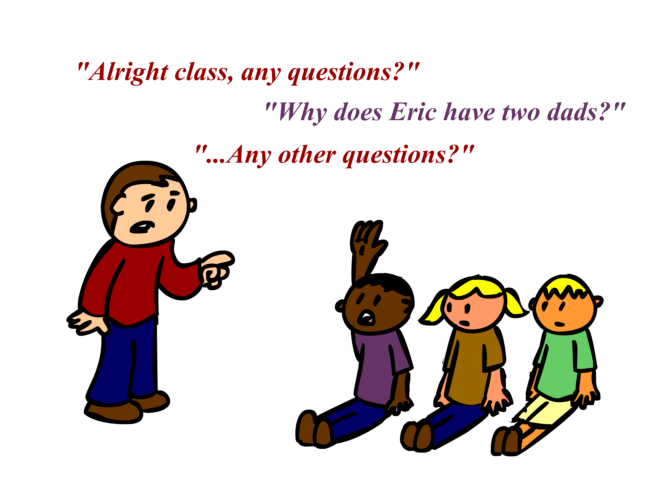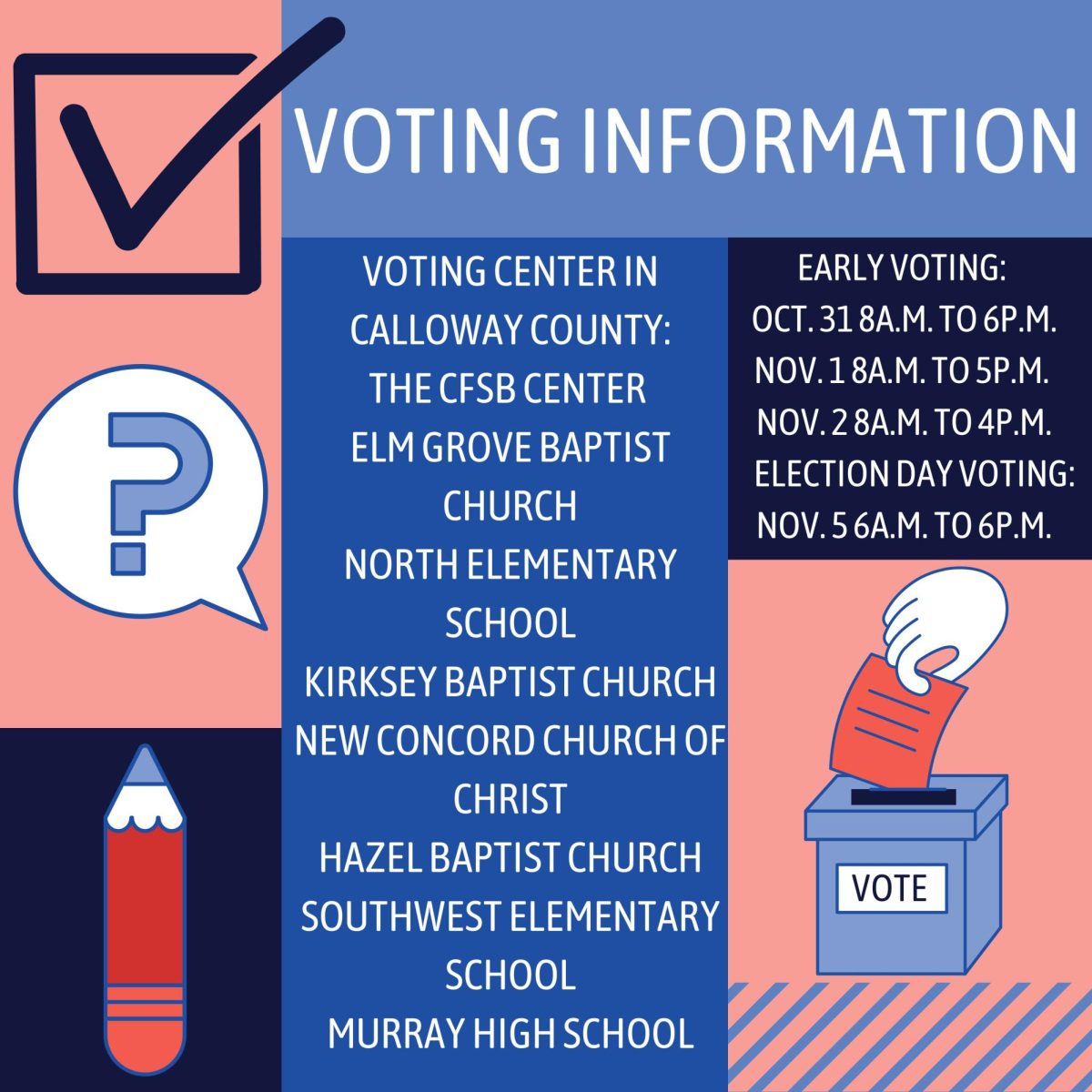Once again, the livelihoods of those in the LGBTQ+ community are in the hands of lawmakers who want to police queer existence and societal prevalence, as if their queerness needs to be kept secret.
Freedom For All Americans, a bipartisan organization working toward queer equality, noted nearly 30 states have some form of proposed anti-LGBTQ+ legislation. States such as Florida, Texas, Tennessee, Iowa and even our home state of Kentucky have imposed forms of legislation.
House Bill 1557, dubbed the “Don’t Say Gay” bill has been moving through the Florida House of Representatives. If passed, the bill would require banning of queer topics in schools from kindergarten to third grade and regulation of discussions about these topics from fourth grade until high school graduation.
In addition to the outright banning of conversations surrounding queerness, teachers would be required to out a student to their parents within six weeks of the student confiding in them about their gender identity and/or sexual orientation. If this bill is voted into law, one of several legal measures the government will take to enforce it is pressing possible legal action upon school districts caught discussing topics involving the queer community.
In addition to the “Don’t Say Gay” bill, the Kentucky Senate has introduced Senate Bill 83 which would ban trans girls and women from competing in sports from sixth grade until college. The Kentucky Senate passed Bill 83, and it is currently moving to the Kentucky House for deliberation.
We at The News believe education on topics surrounding queerness are crucial to the development of all youth.
Anti-LGBTQ+ bills would impact both queer and non-queer youth alike. The bill would impact queer students by not allowing them to come out on their own terms and forcing them to despite not having knowledge of their environment and homelife.
The bill will impact non-queer youth too because not being allowed to discuss this topic will cause them to have less of an understanding of what it means to be in the queer community. Without this knowledge, non-queer youth could potentially cause harm to those students who do identify as queer.
Ultimately, non-queer students will face stunted social growth and may not fully know how to interact with queer people in a future school or work setting.
We at The News also note the clear sexualization of the queer community and the use of this sexualization as a means for calling these discussions “inappropriate” for the classroom.
From kindergarten to third grade students are not fully aware of the implications of sexuality. Lawmakers want to further shield children from questions surrounding sexuality, because they are evaluating the idea of queerness from an overly sexualized perspective.
From the fourth grade until 12th grade, students are still not allowed to learn about queer topics that could be considered “inappropriate for their age,” regardless of the topic or their age.
The over sexualized perspective of queer people has taken a toll on the community in the past. For example, the HIV/AIDS crisis was fueled by ignorance and the stigmatization surrounding sexually transmitted diseases in the queer community, which we still see today.
Stigmatization eclipsed the knowledge being spread during the HIV/AIDS crisis, because people did not see a need to raise awareness or have a sense of prior knowledge regarding STDs.
In turn, students and adults alike will only continue to increase the amount of misinformation and incorrect judgment regarding HIV/AIDS.
Along with the “Don’t Say Gay” bill in Florida, the Kentucky Senate passed Senate Bill 83 onto the Kentucky House of Representatives regarding transgender girls and women in sports.
At The News, we agree this bill could also be harmful to queer youth, but it can also share different effects.
We believe this bill would negatively affect student athletes from participating in sports. This ongoing debate is the main reason for the passing of Senate Bill 83, but it leaves out the idea that everyone should be allowed to be an athlete no matter their gender.
Senate Bill 83 may cause conflict because of the ongoing debate on transgender girls and their ability to perform at a higher level than a girl who has not physically transitioned.
This topic has been highly publicized for years, and even recently due to the relevance of Lia Thomas, a transgender female swimmer from Pennsylvania State University who swam for the men’s swimming team for two years but began swimming on the women’s team after transitioning. She, like many other transgender female athletes, have become the subject of controversy and hate for participating in sports against other women.
At the end of the day, these bills will cause ongoing problems for queer youth by increasing the stigmatization and harm toward the community as a whole.
President Biden and other lawmakers should work toward empowering queer youth and ensuring the safety of vulnerable groups.
Beyond giving the queer community recognition, in order to show he really cares,, Biden needs to pave the way for actual change and equality to be made. This means more than recognizing June as Pride month, but instead working towards legislation that protects queer people from having their rights ignored.
Students can act on this matter by contacting their state legislators regarding these bills and informing our lawmakers of our opinions as voters. Since both bills have already advanced through one legislative body, the time for action is now.
Another crucial way to stay involved is educating ourselves on this topic and other issues we are passionate about.
With lawmakers willing to inhibit our knowledge about those around us, it is more important than ever for us to keep ourselves and those around us informed. By not allowing conversations about the existence of queerness or queer participation in our society it’ll create the idea queerness is something meant to be concealed.

































































































